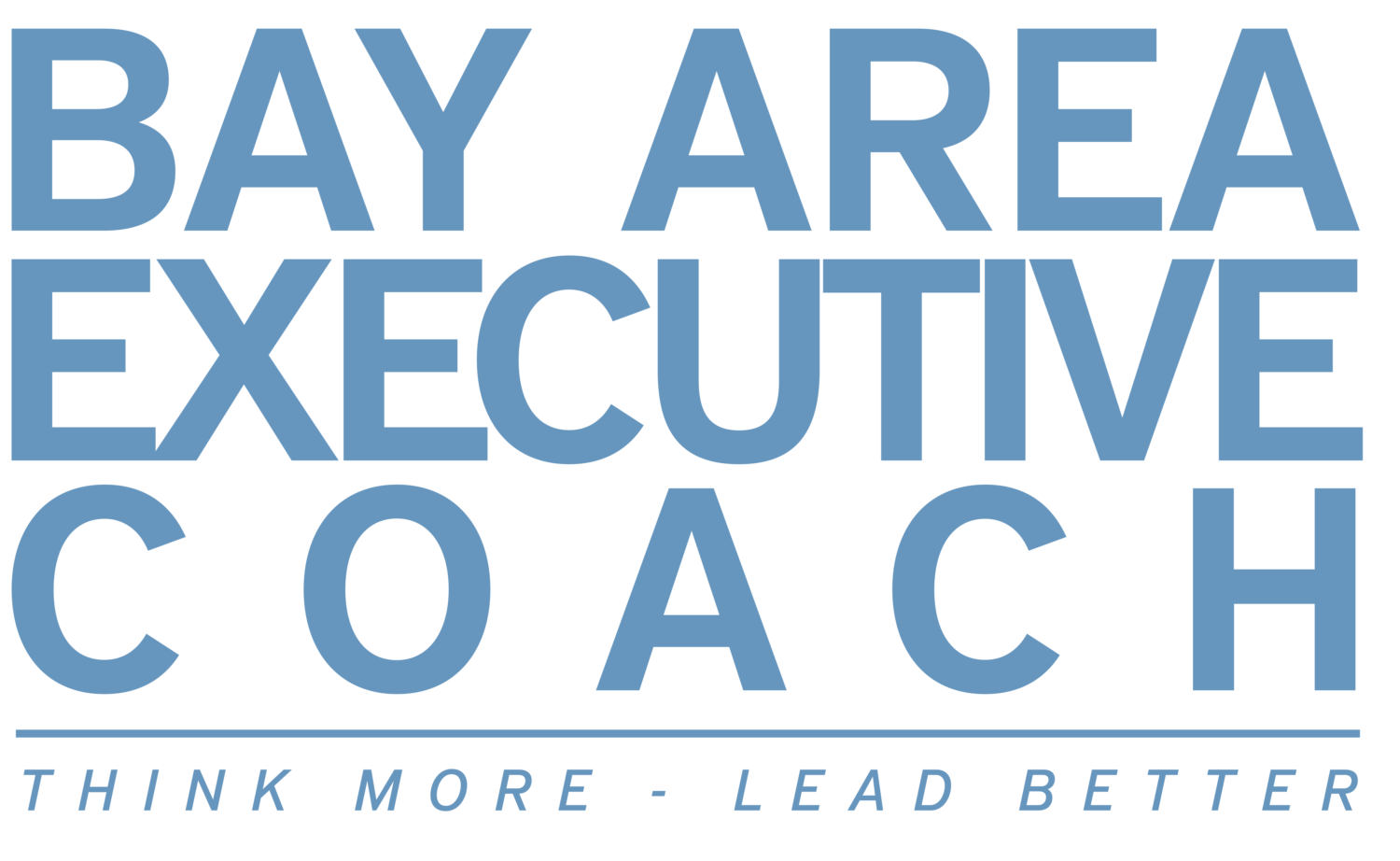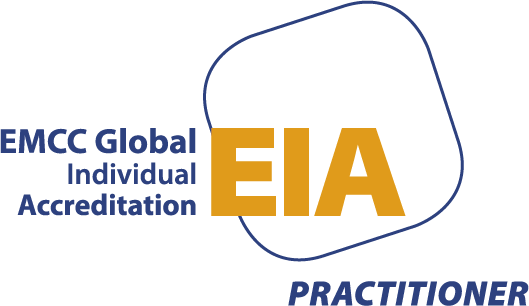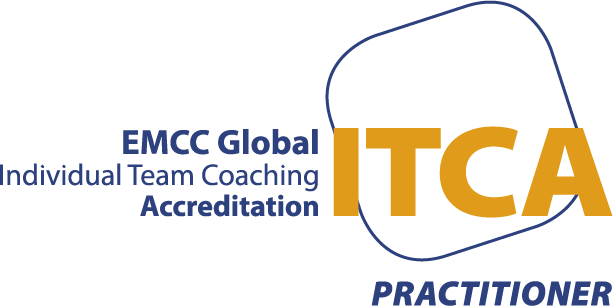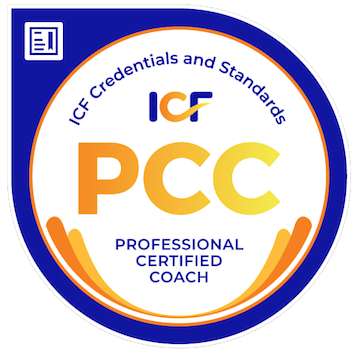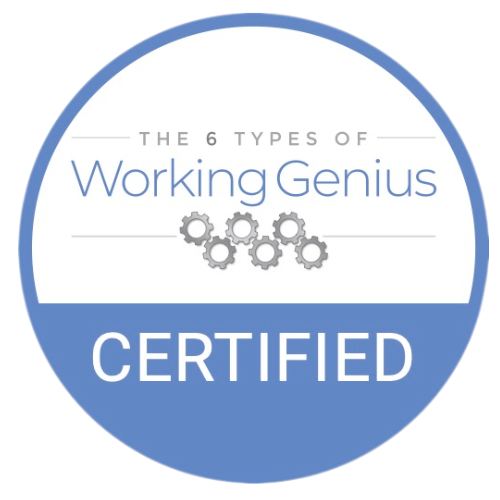Emotionally intelligent leaders are better able to sense and understand the importance of emotions in the workplace and support higher levels of collaboration and productivity across their organization by applying EI appropriately. They’re also better able to accurately predict how people will react in varying situations and then use that insight to better manage their own behavior. Furthermore, these leaders have a heightened sense of emotional reasoning that results in better decision making and contributes to a stronger company culture.
For these reasons and more, EI encompasses skills and knowledge that any responsible and conscientious executive would seek to understand and apply.
So how can an executive nurture and grow their level of EI? Executive coaching can be highly beneficial in this process, but first the executive has to acknowledge their need to develop EI and then make the effort to find and engage with a qualified coach and trainer. 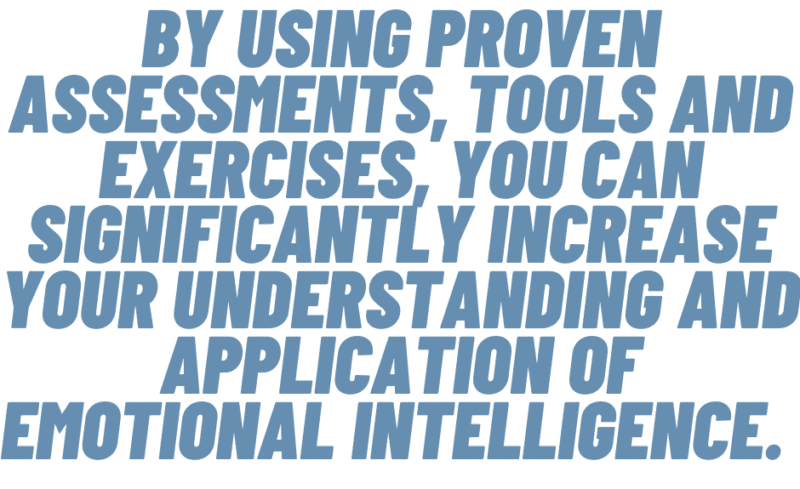
If you’re wondering whether you might benefit from coaching and training on EI skills, here are the top signs that indicate you probably could:
- You don’t accept there are things you need to work on or develop.
Some leaders sincerely believe they have everything figured out and there’s nothing they need to improve on or learn about. When things don’t go according to plan they naturally attribute those problems to other people’s shortcomings. If you tend to think and act this way, then it’s a good sign you need to work on your emotional intelligence. (This attitude is not to be confused with possessing a positive sense of self-esteem, which is a desirable personality trait. Most people with positive self-esteem readily admit they don’t have all the answers and are eager to learn.)
John Wooden famously said, “It’s what you learn after you know it all that counts.”
Self-awareness is a core EI trait. If you think you’re already as good as you can be, then your self-awareness might need a tune up.
- You’re not interested in other people, and it shows.
It’s important for leaders to take an interest in and learn about others: colleagues, direct reports, staff members, customers, and just about anyone they cross paths with. Taking a genuine interest in other people is a big factor in creating healthy, mutually beneficial relationships that form the backbone of successful organizations. If you’re so self-absorbed that you have little to no interest in what the people around you do, think, or say, then consider working with an EI coach to broaden your horizons.
Dale Carnegie promoted the idea of taking a sincere interest in the other person in his timeless classic, How to Win Friends and Influence People. It was a good idea then and it’s a good idea now. This behavior is linked to the core EI element of awareness of others.
- You interrupt people, blurt things out, or act impulsively in ways you later regret.
Impulsive behavior can have bad repercussions that even sincere apologies often can’t smooth over completely. Impulse control refers to your ability to manage thought processes, actions, and reactions to things you experience on a daily basis. Working with, or worse, working for someone with low impulse control can be challenging and frustrating. Fortunately, controlling impulsive behavior is absolutely something you can work on with a coach. Whether it be identifying triggers or learning to exercise more patience, this behavior can be turned around. Adding EI to the mix will help you to think first before saying or doing something thanks for your heightened sensitivity to the emotions of others.
- You’re unable to handle even reasonable amounts of stress.
Stress comes with leadership, there’s simply no way around it. However, when stress changes your personality profile your usual calm demeanor becomes frantic or intolerant, your easy going collaborative nature evaporates and you become directive and demanding. These are red flags you’re unable to handle stressful situations in positive and productive ways.
An EI coach can help you develop stress tolerance and understand what factors trigger stressful feelings that push you into a stressed-out state. Through better stress tolerance, you can take preventive measures to keep your responses in line with the kind of leader you really want to be. And that’s a leader who inspires others through difficult times.
- You don’t see things as they are.
People with low emotional intelligence often allow their personal beliefs and biases to control and shape their perception of things. Through this distorted lens, the reality of the factors in play can be lost or ignored. This lack of ability to face the facts will affect trust amongst those you lead and work with and this may cause them to treat you differently. You may then sense that and find it necessary to defend a position based on assumptions and biases. This will further erode trust.
Leaders with EI are able to see a situation as it is and engage in open dialogue with others about how best to deal with it. They are willing to be vulnerable and accept responsibility if they have contributed to the situation before them.
- You don’t solicit feedback from others.
When you don’t care what other people have to say about your leadership, especially with people whose opinions and experience you should value and respect, it’s a sign of low EI. Leaders are expected to develop themselves and evolve to meet the fresh challenges that come with leading in a VUCA world.
Feedback is a tool leaders can use to accelerate their growth, but many shy away from asking for feedback for they don’t really want to know. Moreover, they don’t want to work on developing in areas of deficiency.
- You’re uninspiring.
When others are asked about your leadership style, they find it neutral to okay. This can be due to a lack of understanding as to how emotional intelligence skills influence others in positive ways.
If you find that people generally do their work because they have to and don’t go the extra mile for you, then you may be coming up short in the inspiration department. 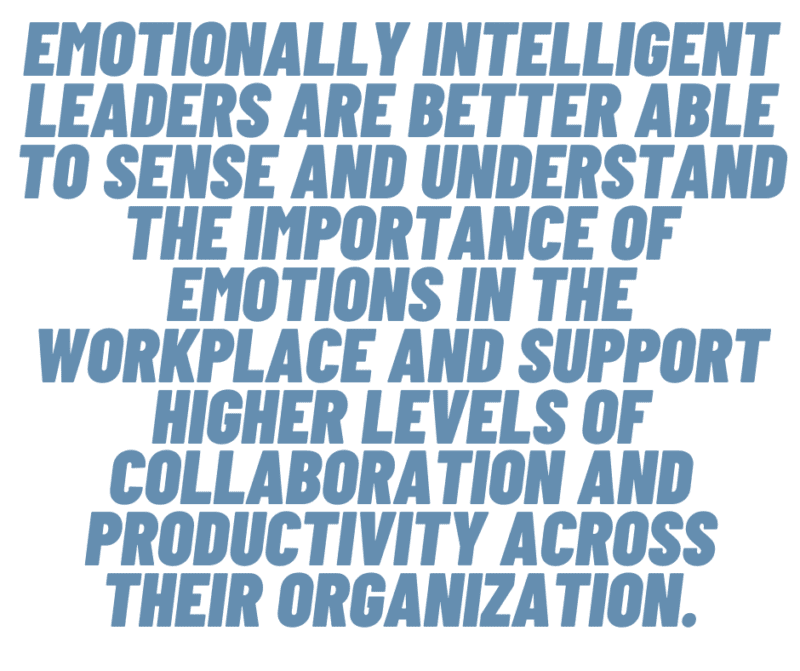
- You lack empathy.
Do you have a hard time recognizing when someone is in distress and needs help? Worse do you recognize it but feel it’s something they’ll have to deal with on their own? Do you dislike hearing about the personal challenges your team members are going through because it’s distracting from the business mission?
If you said yes to any of these statements, you may have an empathy vacuum. If there’s one clear leadership lesson from the pandemic, it was that leaders needed to dig deep and show more empathy than ever before to rally people and help them feel supported. We’re now past that trying time, but there’s no lack of challenges locally and globally that people are going through. People want to work for leaders who are empathetic. Full stop.
If you recognize some or all of these EI related leadership shortcomings in yourself, then strongly consider working with a coach with training on how to help leaders develop their emotional intelligence. By using proven assessments, tools and exercises, you can significantly increase your understanding and application of emotional intelligence. More importantly, it can put your leadership firmly on a growth track.
Coaching leaders to develop their emotional intelligence is one of our specialities and most in-demand services. Contact us to tell us how we can help you. Alternatively, you can schedule a 30-minute meeting via Zoom to confidentially discuss your situation and opportunities for improvement in your leadership approach and delivery.
If you’re interested in learning more, here are some resources:
Articles
- Self-Awareness: The First Step to Emotional Intelligence for Sales Professionals
- Eight Powerful Benefits of Emotional Intelligence in the Workplace
- How to Build Trust and Connection Through Emotional Intelligence
- Bay Area Executive Coach to Offer Genos International Emotional Intelligence Assessments
- Leading with Emotional Intelligence
YouTube Videos
- 4 Reasons Why You Need to Invest in Your Emotional Intelligence as a Leader
- Leadership Assessment for Emotional Intelligence
- Using Emotional Intelligence in Executive Coaching With Expert Trevor Blondeel
- Improve Communication Using the “Three Levels of Conversation” in Your Business
- How to Have Better Sensitive Conversations as a Leader
- What is Conversational Intelligence? An Introduction to C-IQ
- Unlocking Empathy: The Key to Exceptional Leadership
Case Studies
- Guiding a Leader to Employ Emotional Intelligence at Work
- How Conversational Intelligence Helped Resolve Friction in a Manager-Staff Relationship
eBook
Guide
Photo copyright: Featured photo is from ©Christina Morillo via Pexels. Second photo is from ©Antoni Shkraba via Pexels.
